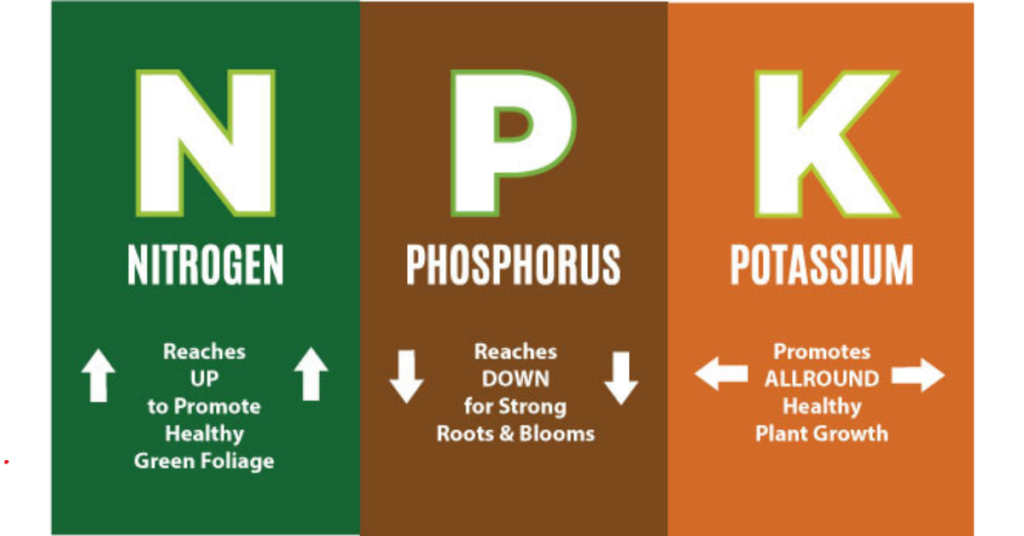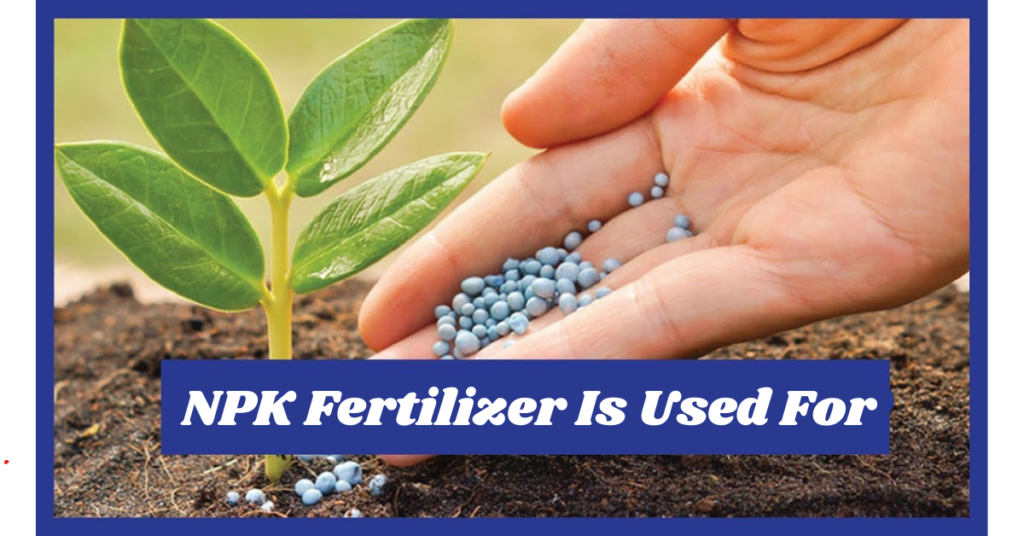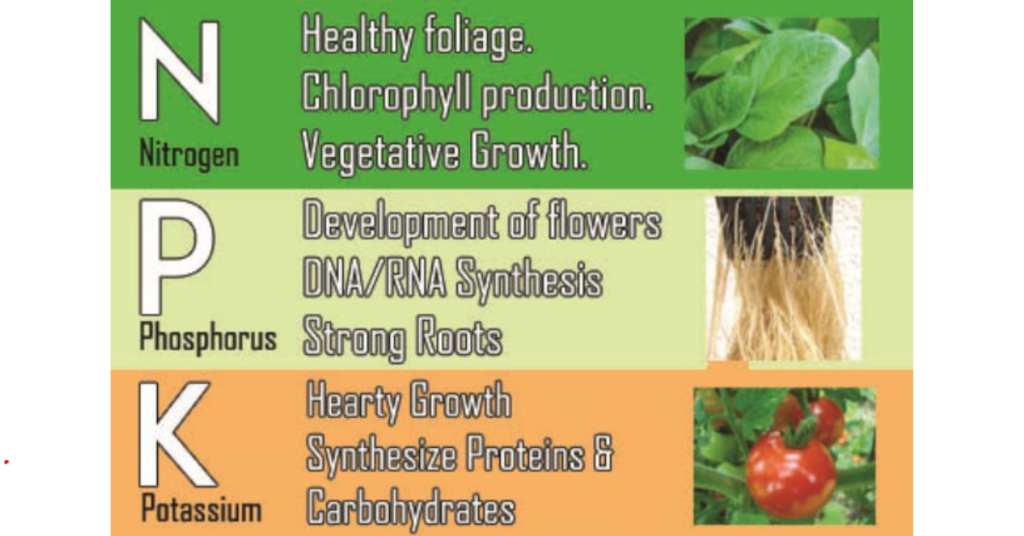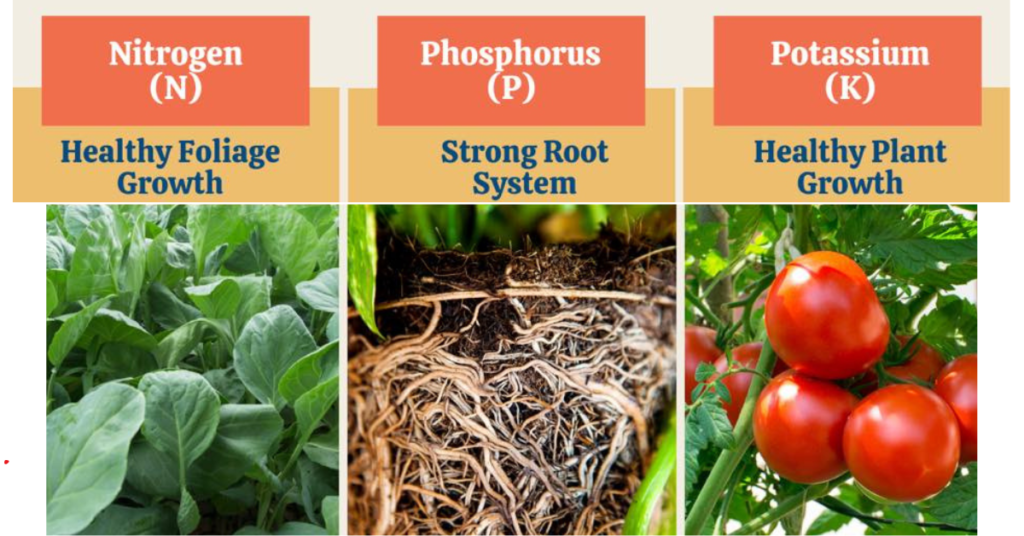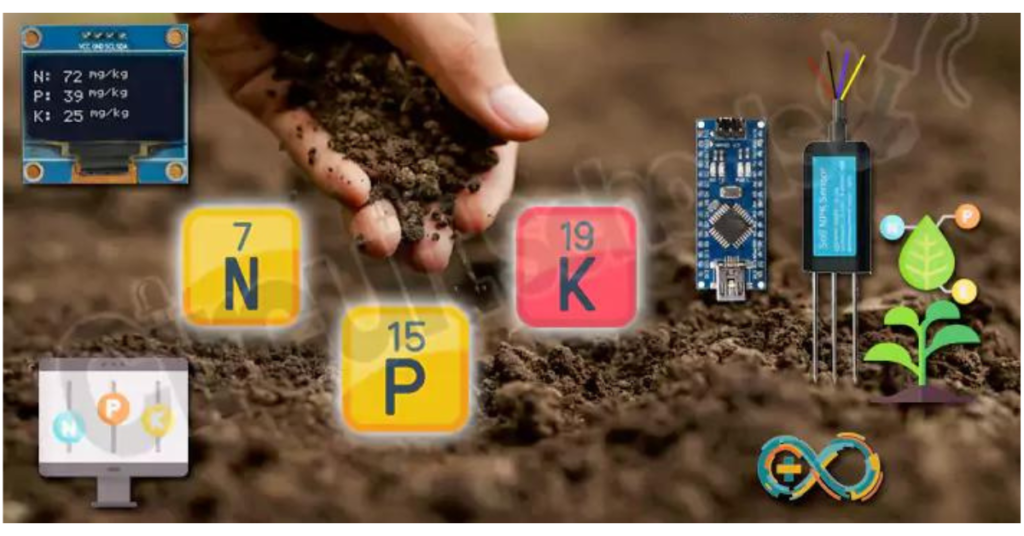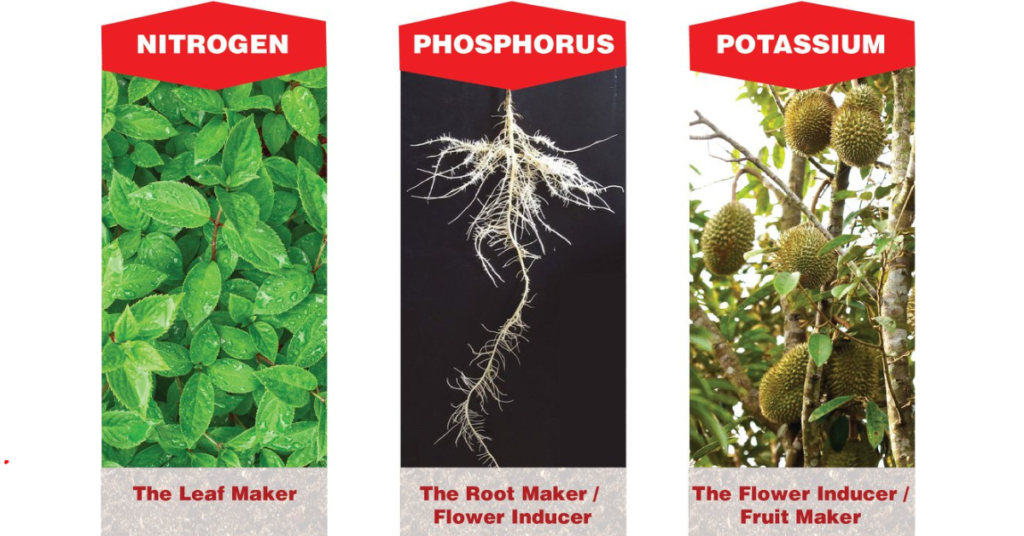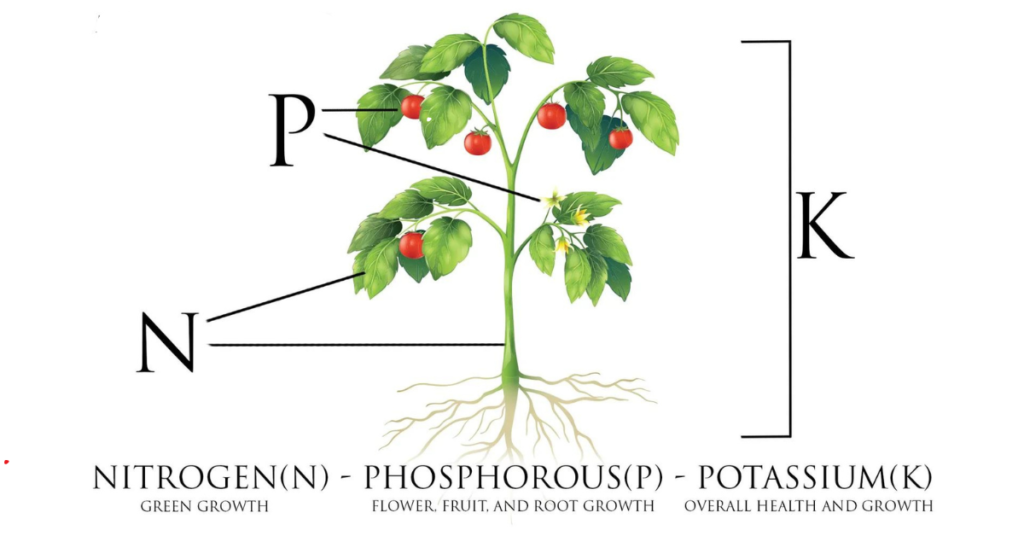“NPK Are The Primary Nutrients For Plants”
In the intricate role of plant nutrition, few elements hold as much sway as NPK – Nitrogen, Phosphorus, and Potassium. Repeatedly hailed as the primary macronutrients, these foundational elements orchestrate the symphony of plant growth and vitality. From the vigorous green of foliage to the robustness of roots and the bounty of fruits, NPK are the unsung heroes working tirelessly beneath the soil surface, ensuring that every plant thrives to its fullest potential. Understanding the roles of Nitrogen, Phosphorus, and Potassium isn’t just a matter of scientific curiosity; it’s the key to unlocking the secrets of successful gardening, agriculture, and sustainable food production.
“NPK Are The Primary Nutrients For Plants” Read More »

